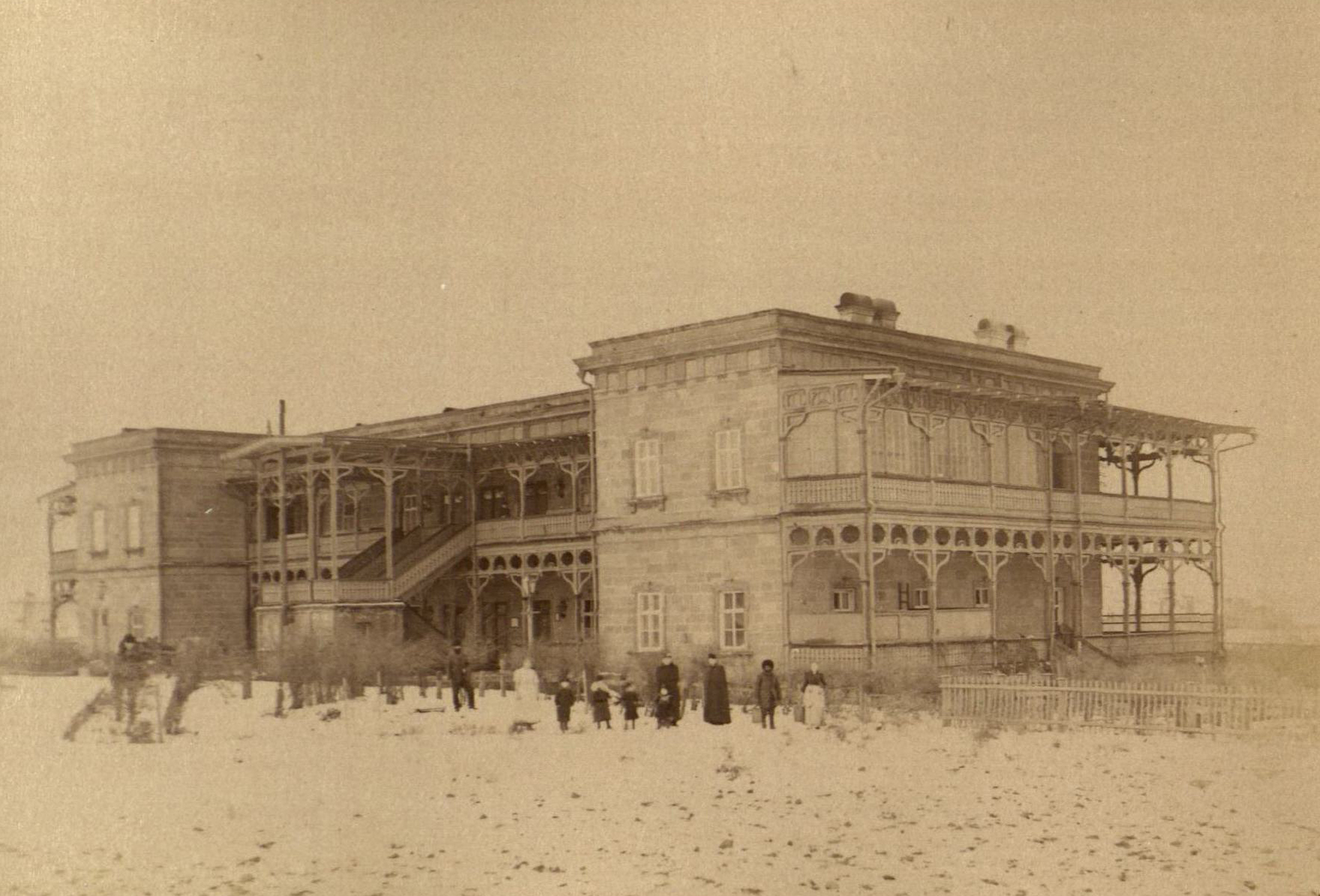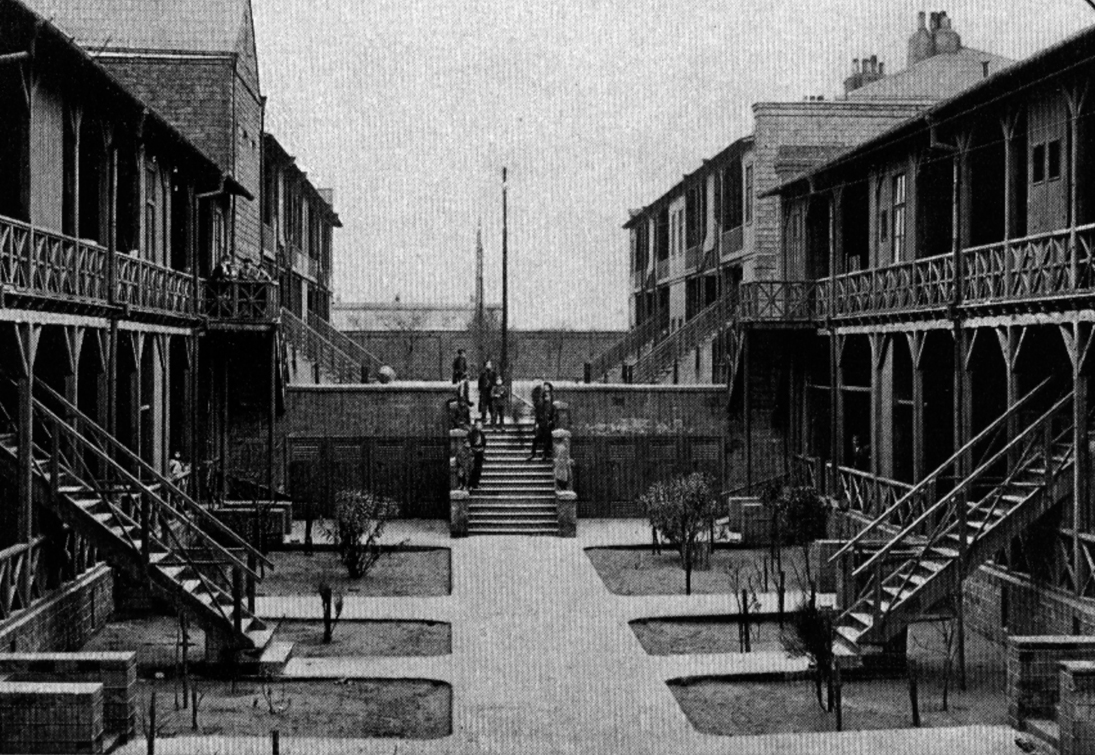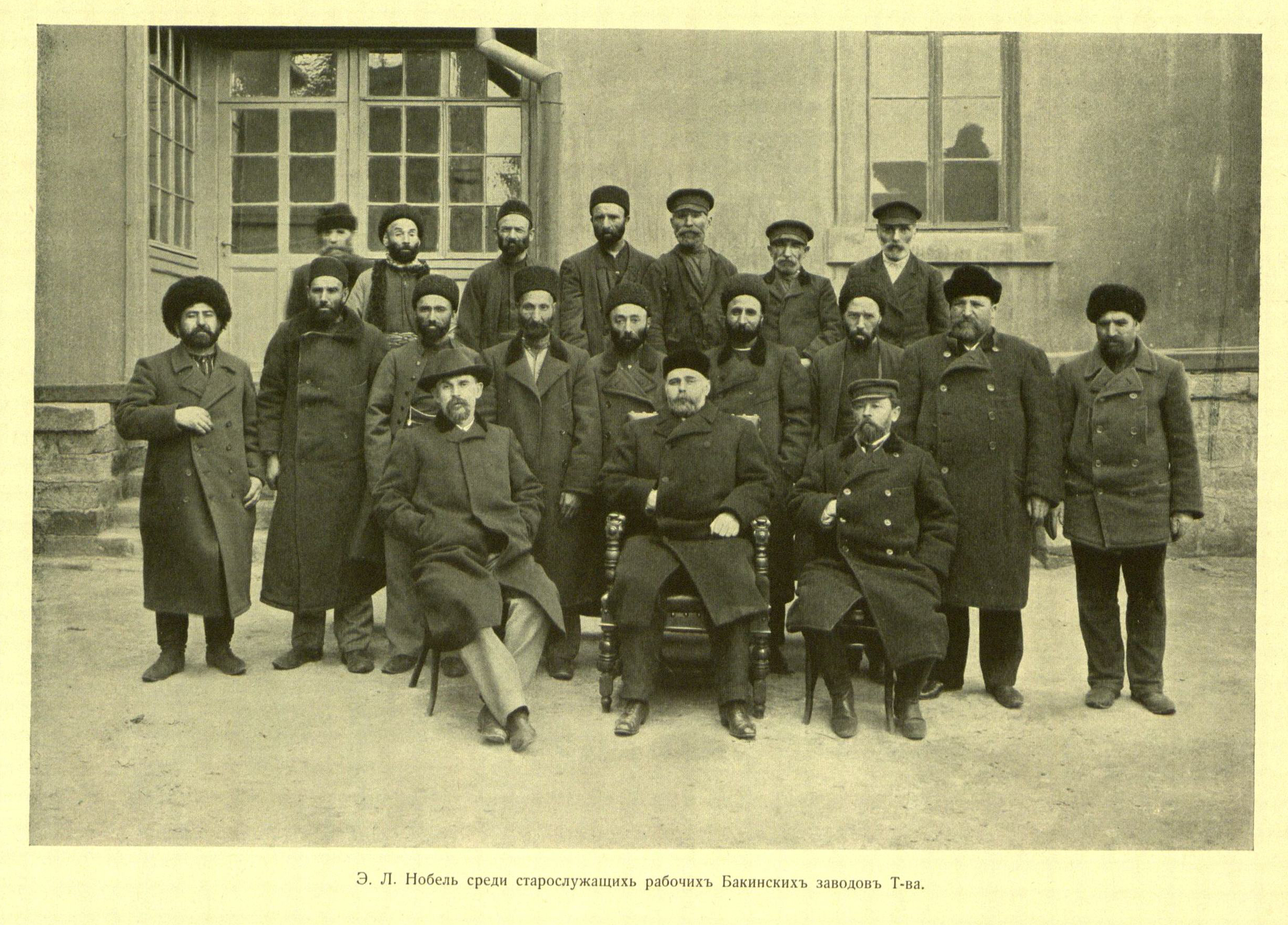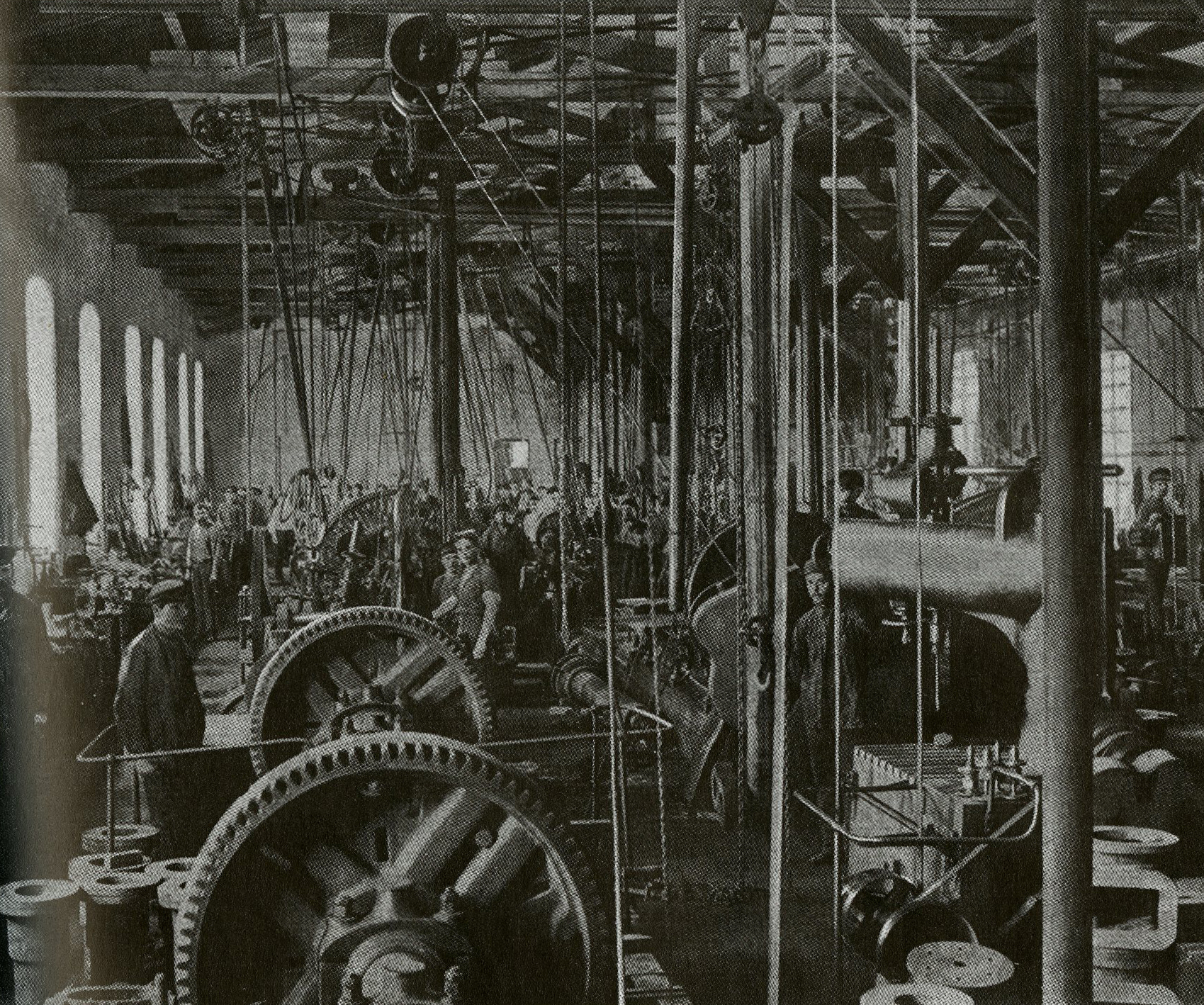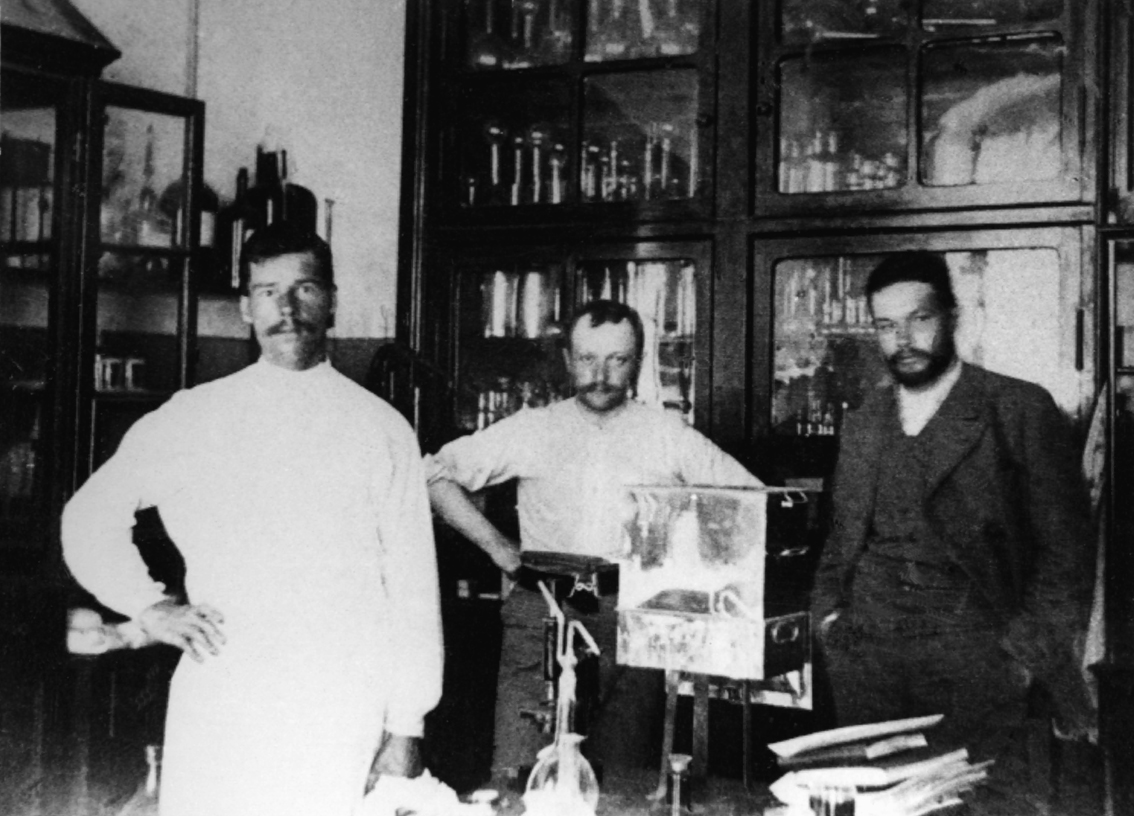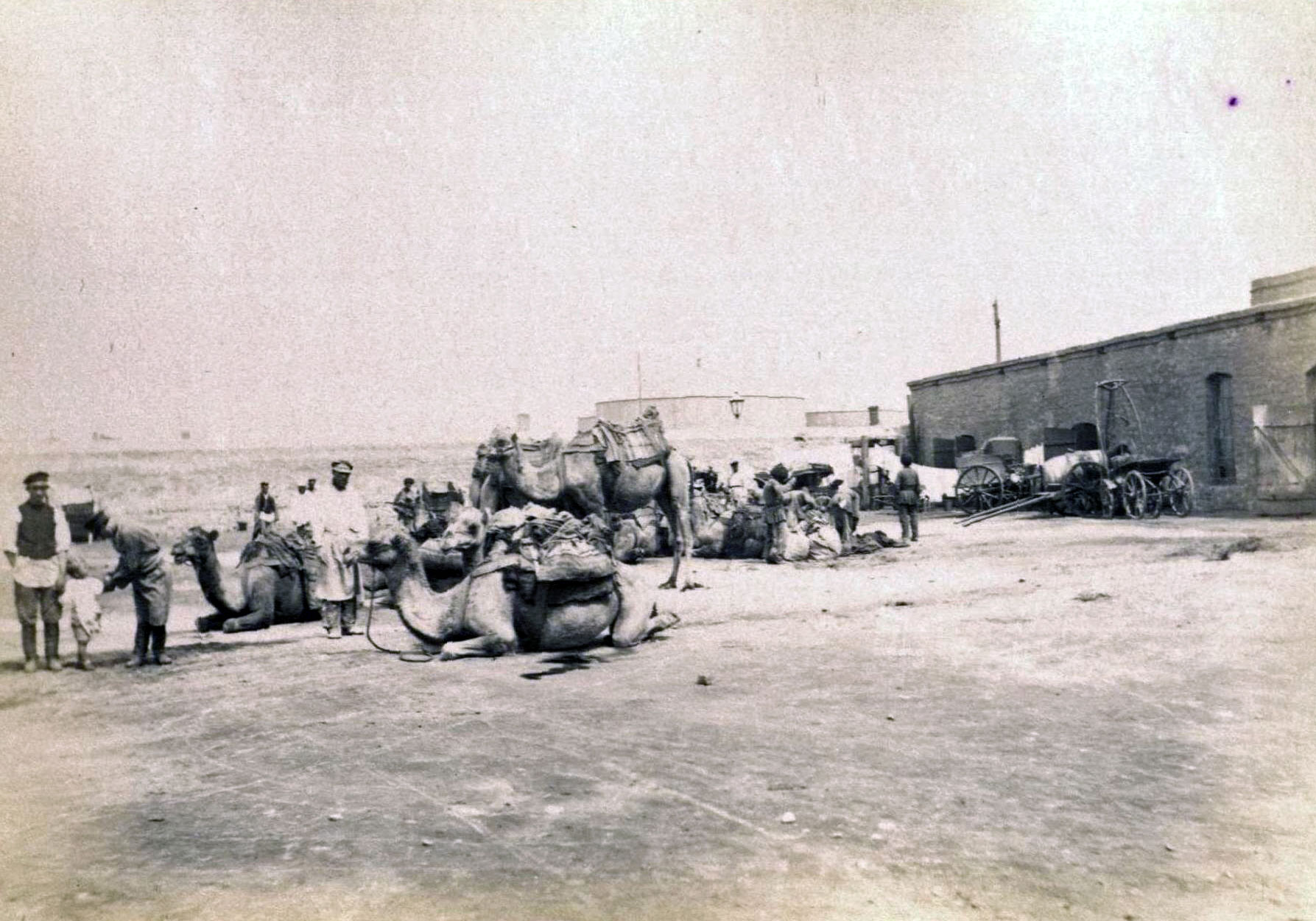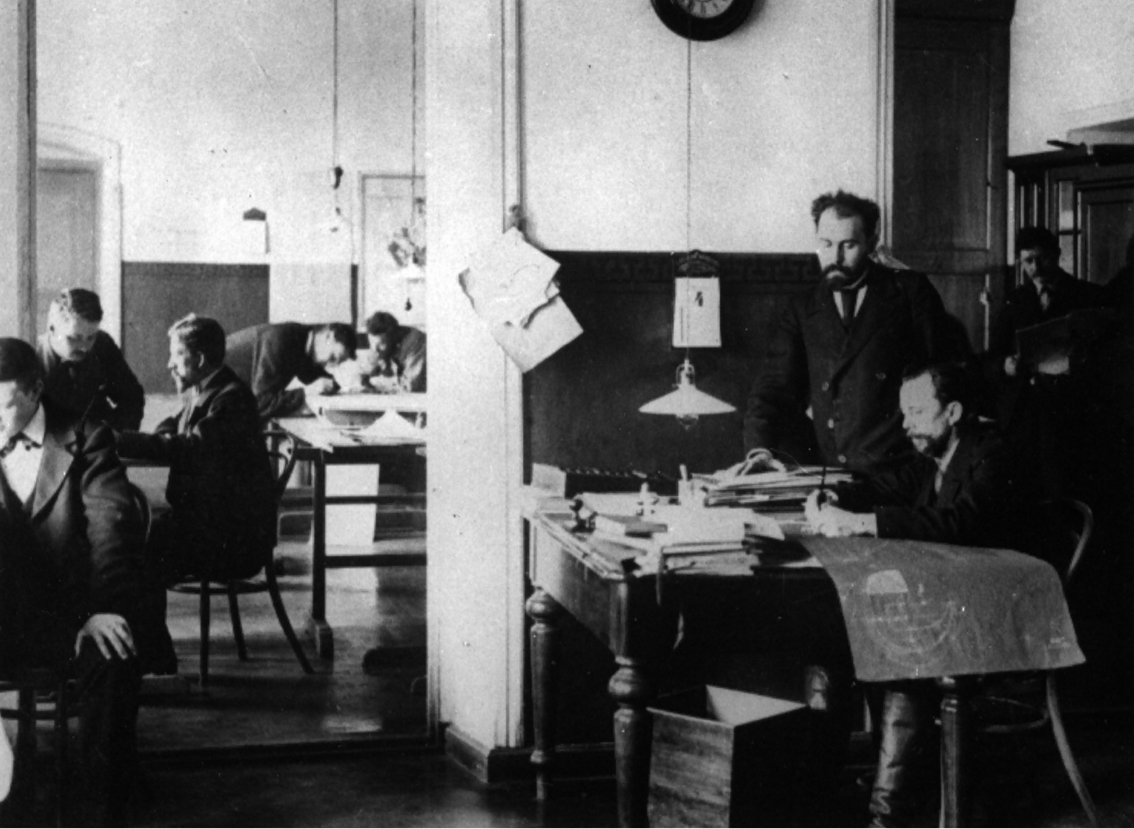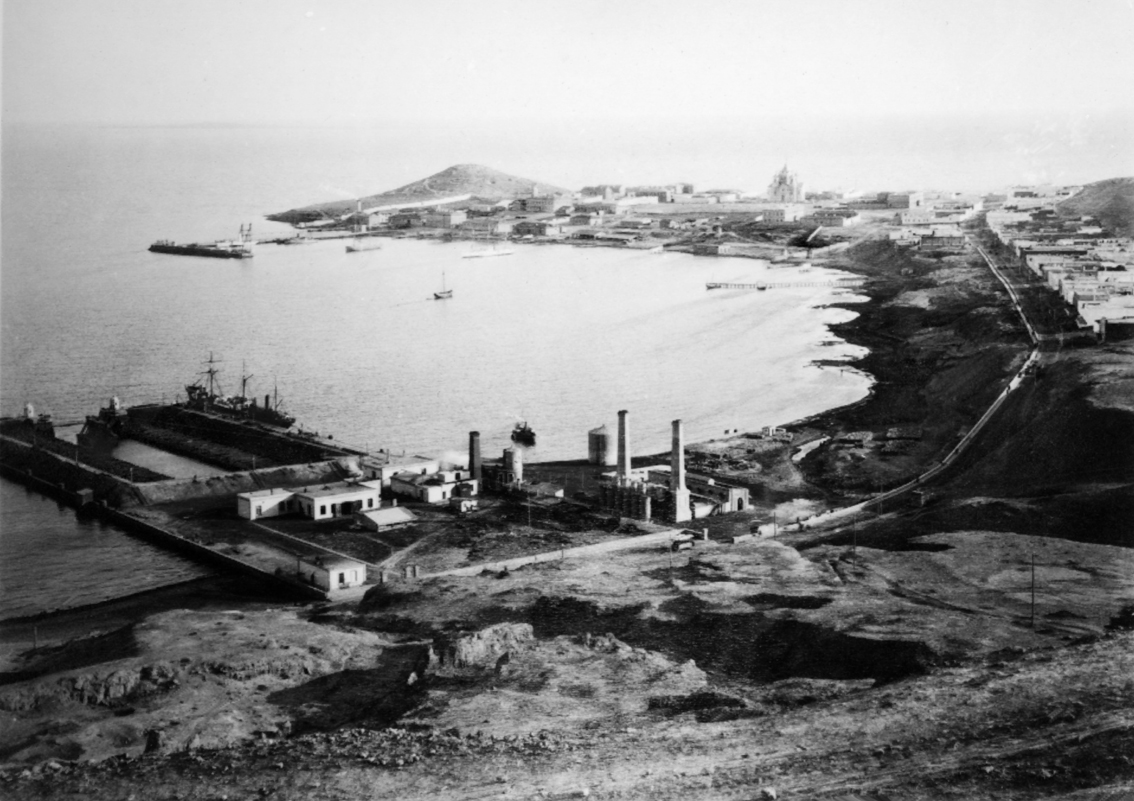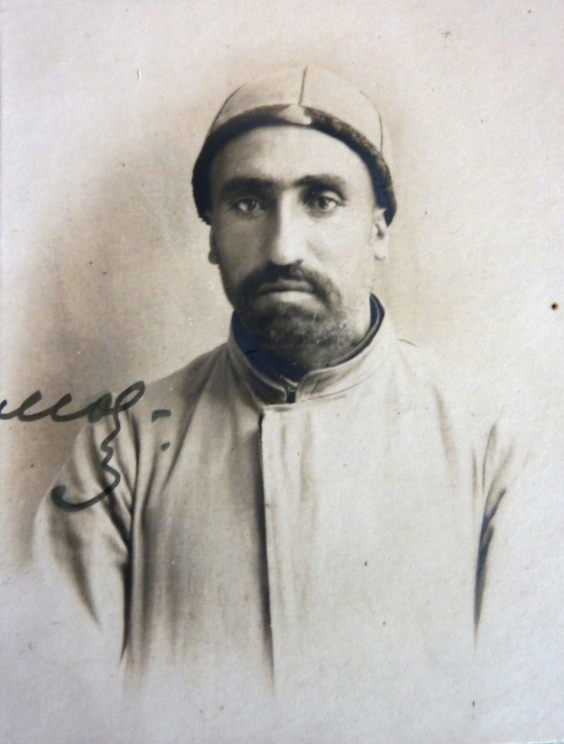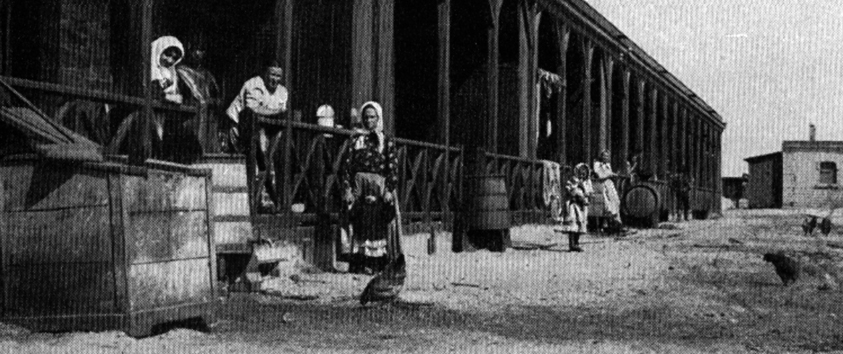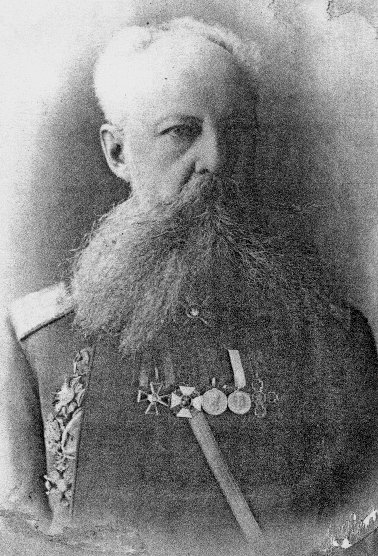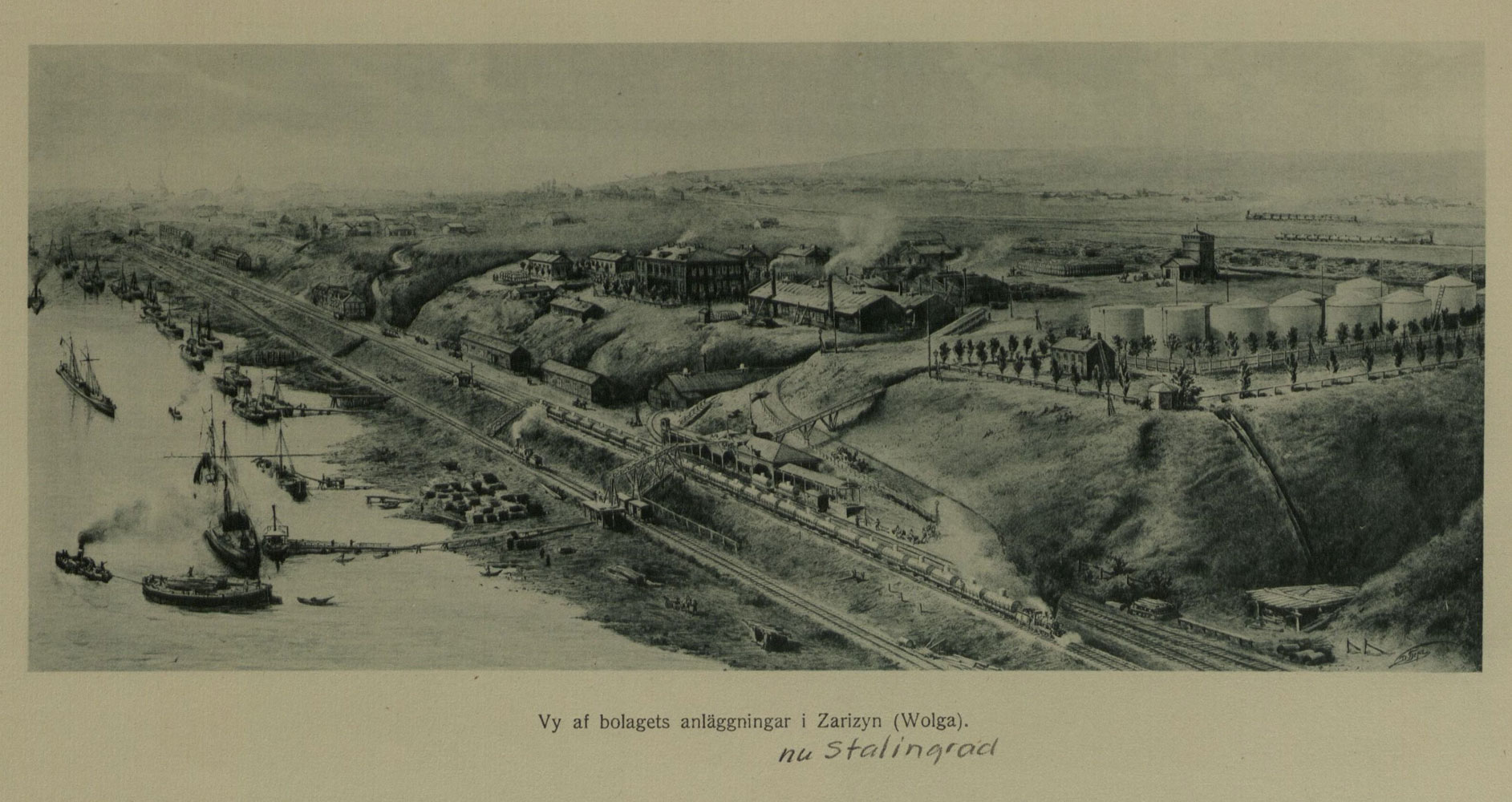
Branobel applied many of the most modern social innovations of the time. There were welfare institutions that regulated working hours, staff accommodation and some health care for the staff. The operation was also characterised by the lack of skilled staff in Russia. Many engineers and other specialists were recruited from Sweden, Finland and Norway.
Letter from Ruth
What was life like for a young Swedish woman in Baku at the turn of the last century? We can find out much about family life in Nobel’s Villa Petrolea from Ruth Grapengiesser’s frequent correspondence with her mother and sister at home in Sweden.
Working conditions and strikes
Branobel was preparing its 25th anniversary celebrations when the first spontaneous strike broke out in the summer of 1903. The background to the disturbances included the inhumane working conditions for workers in the Caucasus.
Ludvig Nobel improved working conditions
Ludvig Nobel took a great interest in improving working conditions. He reduced working time and opened up pharmacies and hospitals. However, the managerial jobs were almost always given to Swedes.
Swedish managers murdered in Baku
1907 was a bloodstained and tragic year for the Swedish colony in Baku. Four Swedish Nobel managers were shot dead at different times. One explanation for the murders was discontent by the workers for not being allowed to do piecework.
Wilhelm Hagelin comes to Baku as a stowaway
The Swedish engineer, Wilhelm Hagelin, was born in Russia and came to Baku at the end of the 1870s as a stowaway on the river boat. Barely 20 years of age, he started as a filer at Robert Nobel's paraffin factory and ended up responsible for managing Branobel during the troubled years that heralded the Russian revolution. The new Soviet regime offered him the opportunity to manage the technical operations of the entire oil industry in Baku – but he declined.
The danger of having a ”rainmaker” as a wife
One of Branobel's works managers, the Swede, Gustaf Eklundh, lost everything as a result of the Russian revolution and never spoke to anyone about his time in Russia. But his Finnish wife, Vivi, and his daughters were able to describe a meeting with a sheik and the ladies of his harem. Something that was to have unforeseen complications...
The geologists break new ground
Robert Nobel employs geologists at an early stage to search for oil and gas deposits around the Caspian Sea. The first Swedish geologists who come to Baku travel far and wide around the area and extend their field of knowledge. Leaving the university environment was not always looked on with approval.
A Norwegian creates order and methods
Finns, Scots and Norwegians are attractive when the brothers, Alfred and Robert Nobel, want to overcome the management problems in Branobel. The Norwegian businessman, Hans Olsen, is given an important position and creates order in the distribution chain.
Branobel: Blue Collar Workers
At the beginning of the century, the Baku oil field workers presented, as contemporaries put it, “a mixture of tribes and nations”. That “black mineral oil army” consisted of many culturally distinct groups, within which there were also personal differences, as revealed in the workers’ personnel records .
Managing ethnic relations in the first oil boom
What was the experience of the Branobel Company in managing ethnic relations during the Armenian-Azerbaijani clashes in the Baku oil fields? Human resources policy was non discriminatory in principle. Day-to-day practice was another matter.
Skilled specialists were important to Nobels’ success
One of the main factors behind the success of the Nobel Brothers Company business was the way they invited skilled, hard-working and highly professional specialists to join the company. Most of the people in the managerial staff were Swedes, but a man from Norway came to play a crucial role in the Branobel history.
From mechanic to group manager: Karl Wilhelm Hagelin
The name Karl Wilhelm Hagelin is associated with the Brothers Nobel Paraffin Company, specifically the activities of the Baku office. In addition to the documents preserved in archives, Hagelin’s own memoirs Min arbetsbana (My Career) is a unique window onto a Russian-Swedish life.

